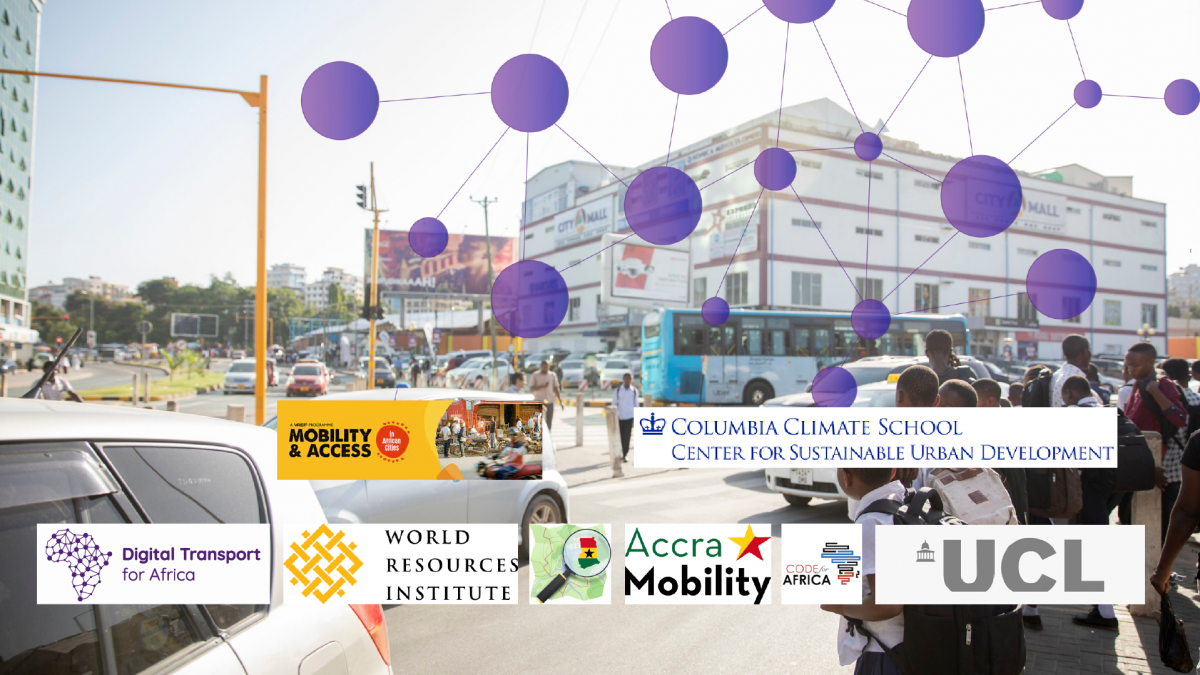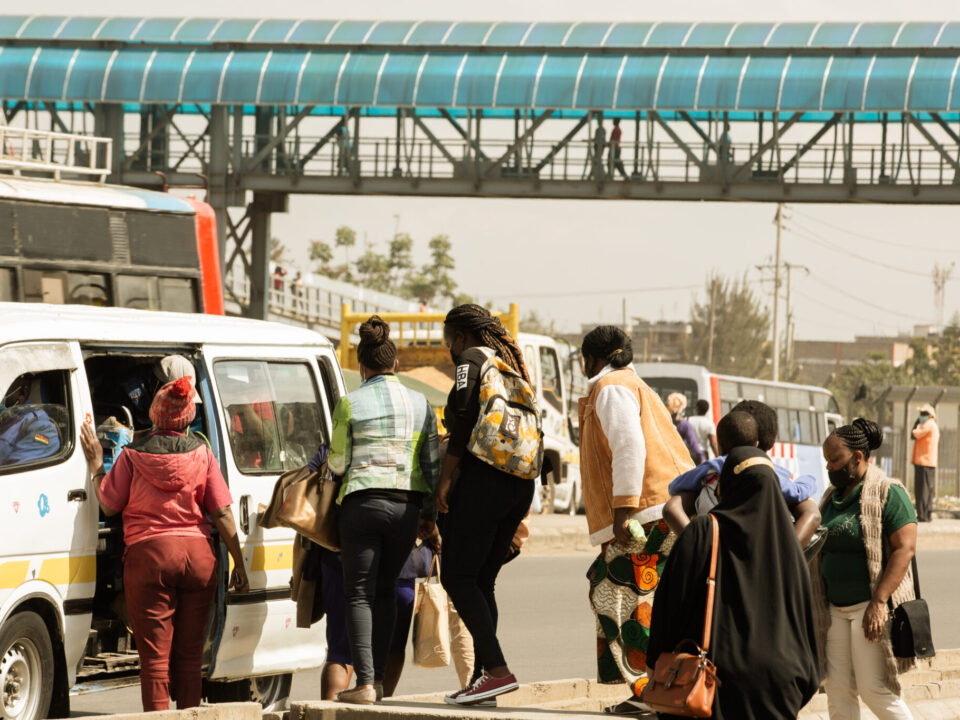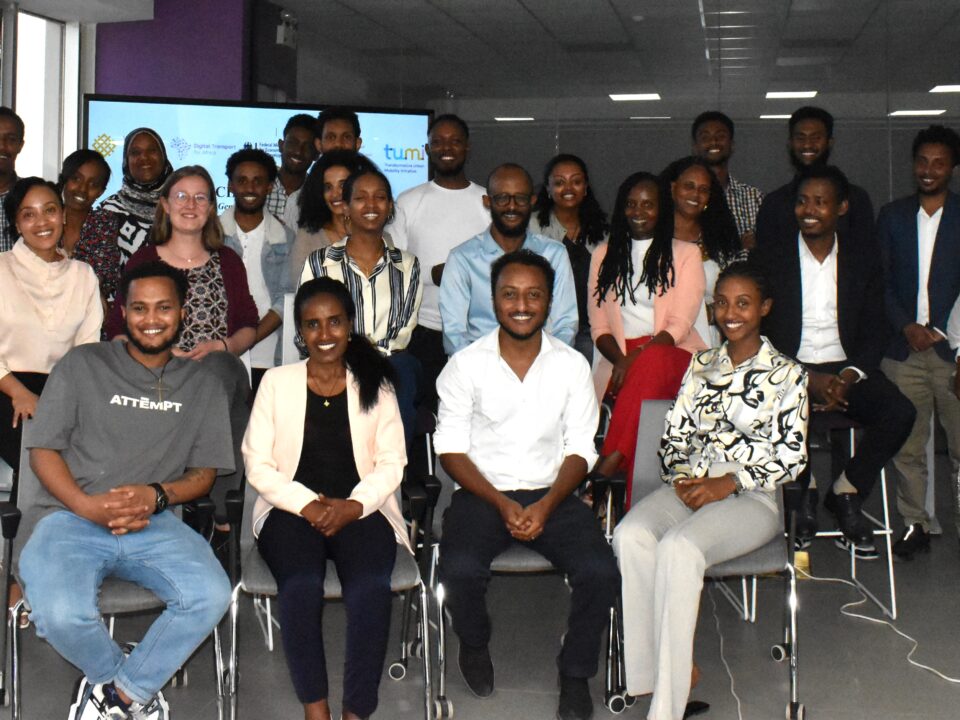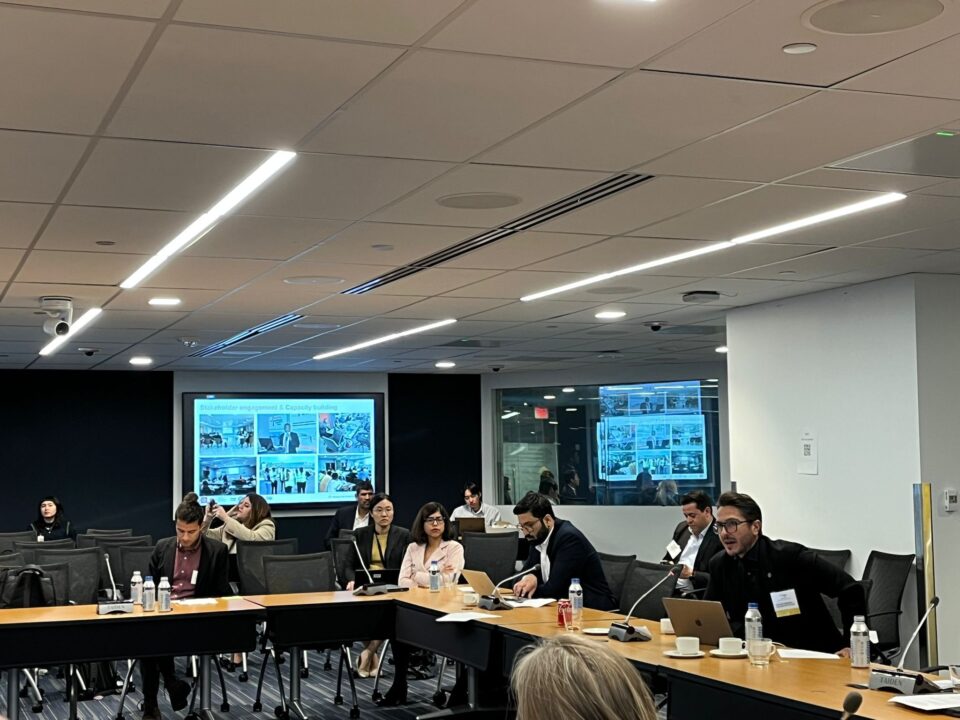
Une analyse des services de transport adapté dans les villes africaines grâce aux données ouvertes GTFS de Digitaltransport4africa
10 août 2021
Défi Innovation DT4A: Résultats et Prochaines Étapes
4 mars 2022COURSE SUMMARY
The rise of GPS-enabled cell phones and low-cost sensors- has led to the creation of new forms of digital data that are invaluable for research into transport and mobility. Increasingly, different forms of digital data about African transportation systems are being created in standardized formats and shared on open data platforms that can be used for a wide array of research from exploring minibus operations, service quality, networks, accessibility, SDG compliance, public attitudes and even air pollution levels. Yet, in many cases, the transport and technology worlds continue to work independently and learning new technologies and approaches can be a barrier for transport researchers who want to leverage these new tools.
This course is designed to help get over such barriers. It gives an introduction to new ways to use GPS-enabled cell phones to generate needed data as well as how to find and use open standardized transit data for improved research. Drawing from African cases of creative digital data use in the service of cutting edge transport research, participants will learn about the tools used to create, visualize and analyze digital data and how this use of data within collaborations and advocacy efforts can help drive improvements in transport planning and service. This course will also introduce transport researchers to African technology experts working in the field and help trigger networks and new collaborations. Participants will get firsthand knowledge drawn from case studies on how to build interdisciplinary collaborations to generate and use cellphone generated data and finally, get a chance to apply this learning by sharing their own research questions to the class for dialogue on how these new forms of data and tools might help answer them.
Learning Objectives
At the end of the course what students will have achieved the following learning objectives:
- Gain a bird’s eye view and stronger understanding of some of the new digital tools and resources available for addressing problems facing public and non-motorized transport and how these tools might be applied in practice.
- Learn why open data and digital development principles are important for transport research, planning and advocacy
- Gain an understanding of how to develop collaborative approaches to data collection and research management
- Build networks with mappers and developers as well as other participants for mutual support and catalyzing new research projects
Course Structure
This is a two part course. The first session is an introductory seminar with a review of the opportunities made possible by digital tools and the data they produce. Participants will learn about the kinds of resources available at the DigitalTransport4Africa project and the GTFS data primer and tools. It also involves in depth case-studies from Accra (TroTro/minibus mapping) project . In the second session, in depth case studies are presented from Freetown (data collecting on walking environments in an informal settlement) project and a presentation on air quality monitoring in transport research with mobile monitoring and low cost sensors. These case studies will be taught by instructors who were at the core of those data collection and analysis efforts.
Course Requirements
This course requires no specialized knowledge of digital technologies or data but access to a GPS enabled phone (android or IOS) for exercises is needed. This course is designed to be an introductory class for researchers and policy actors interested in learning about new data and tools. We see this course as catering to researchers who have not previously used GPS-enabled data in their work and who want to « try it out »/test it; researchers who would like a get a general orientation about their potential (for example, to explore ways in which GPS-enabled data might complement their own work or as a basis for « interdisciplinary collaborations »); researchers and other stakeholders in the transport policy world who want a general orientation/understanding of such data and methods This course is also designed to facilitate networking and catalyze collaborations to leverage digital technologies in improving public transport.
Video Recordings
Session 1
Session 2
Course Moderator and Instructor
Dr. Jacqueline M Klopp
Research Scholar, Adjunct Associate Professor, Sustainable Development
Center for Sustainable Urban Development, Earth Institute Columbia University
Course Co-instructors
- Agraw Ali (DigitalTransport4Africa)
- Esthelyne Dusabe (DigitalTransport4Africa)
- Teyvi Angela Norvi Yawo (OSM Ghana/Ghana Urban Mobility and Accessibility Project)
- Enock Seth Nyamador (AccraMobility)
- Daniel Oviedo (Mapping walking in Freetown/University College London)
- Constant Cap (Code4Africa)
- Priyanka deSouza (University of Colorado-Denver)
